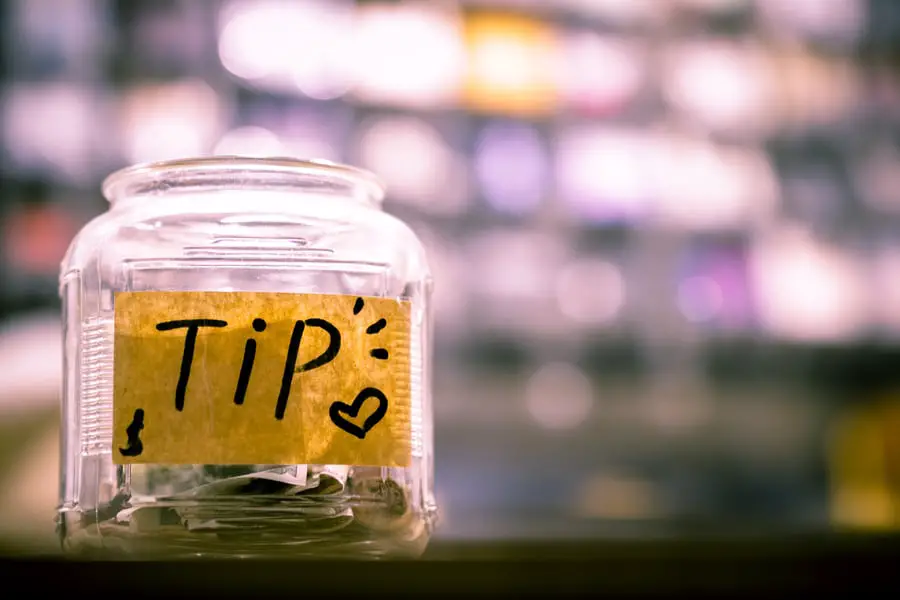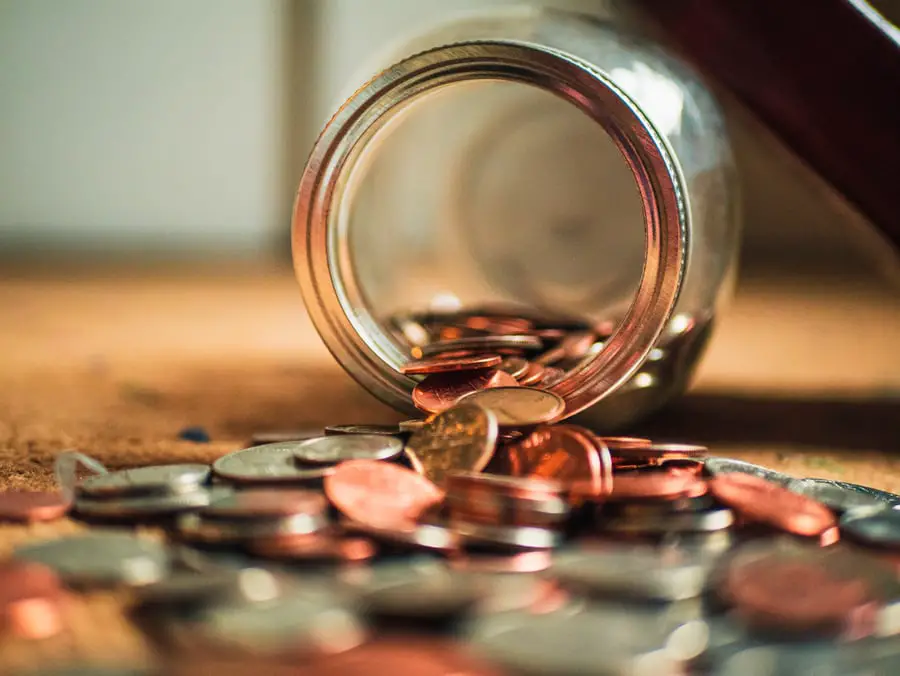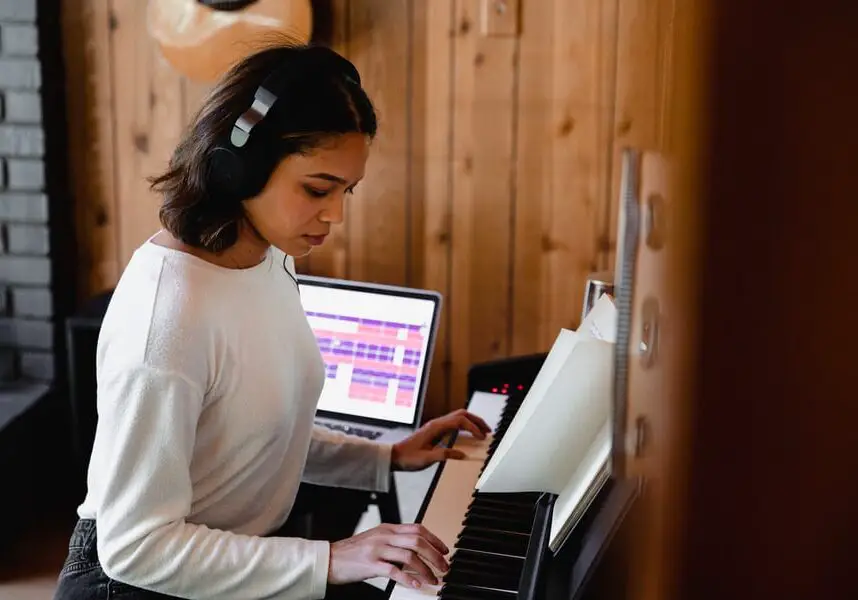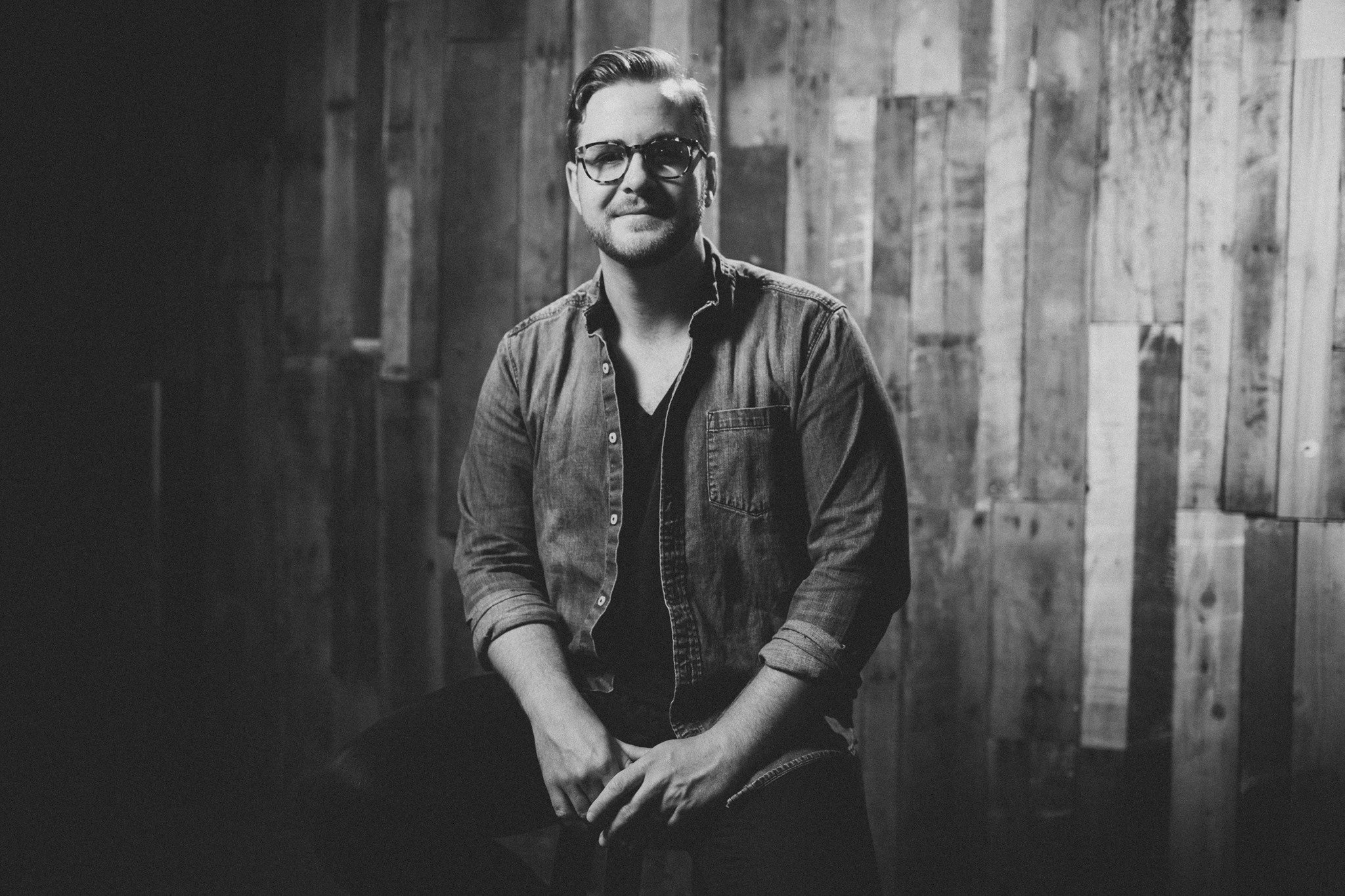So you’ve decided you love songwriting. Maybe you’re wondering how much do songwriters make, and if you can really make a living doing it.
After all, it’s a tough business. And it’s not all that clear how the top songwriters became successful. Do they have something you don’t? Can you make your own success with the talents and skills you have?
Yes, you can. But first, you have to understand the various streams of income available to songwriters and work to optimize them for yourself.
Songwriting these days is really feast or famine. That’s why we (songwriters) are working so hard to change streaming regulations—to create a middle class in songwriting again.
For example, a typical first publishing deal is about $25-30K for one year. That’s all 1099, so if you can get one of these deals, you’ll be paying self-employment taxes.
Then, if you get a hit song on the radio, you can make a few hundred thousand dollars, depending on how many songwriters collaborated and the song’s genre and reach.
For example, was the song only a hit on country radio or did it cross over into Hot/AC and pop?
Pop hits tend to be much more lucrative. Country radio hits generally earn $75K – $250K per writer, but a song with multi-genre radio play can easily translate to $500K per writer.
It’s different for everyone, but for me, that feeling of getting my first big check was validating. It told me I’m doing the right thing, I’m in the right place.
I knew I had to invest that money wisely because you never know when the next big check or that next hit is coming.
So I can assure you, making money as a songwriter is possible, but the landscape is complex.
And it’s hard to know what songwriters make on average because there are so many different kinds of songwriters—some are artists writing for their own bands, others are part-timers.
Some are hitmakers, and still, others are shooting for professional, full-time careers.
What all these folks have in common, though, is how they earn songwriting royalties. This post will break down songwriting income for you.
The Basics of Songwriter Copyrights
First, you have to understand copyrights. Copyrights let you get paid for your hard work.
You can only copyright complete, original songs—not song titles, chord progressions, or other partially-finished song ideas you may have created.
There are two types of copyright for every song.
1. Sound Master (a.k.a., Recording) Copyright
The first copyright is for the recording itself. This can seem a little confusing at first, so let’s look at an example.
In 1964, The Beatles recorded their iconic album, A Hard Day’s Night, which included their song “If I Fell.” That recording was copyrighted.
In 2004, Maroon 5 recorded a cover of the same song. That recorded version is also copyrighted. Each individual recording is a separate intellectual property from the lyrics and music because they’re performed by different artists, with different instruments, recorded years apart in different studios, etc.
As a result, each recorded version has its own master copyright registered with the US Copyright Office. The master copyright is often owned either by the artist, their producer, or their record label. Songwriters don’t usually own recording rights unless they’re also an artist or producer.
2. Songwriting Copyright
Publishing or songwriting rights, on the other hand, belong to the owner of the original musical composition—including the lyrics, notes, chords, melodies, and rhythms.
That’s you, if you’re the writer or co-writer, and your publishing company.
If you own the publishing rights, you will register your songs with your Performing Rights Organization (PRO), who will ensure you are paid.
Both of these copyrights come into play when you register your own music or when you request permission to use music someone else created.
Knowing these two types of copyrights will help you understand the rest of the post on how songwriters get paid.
Registering your copyright is a necessary first step.
How Songwriters Get Paid

Songwriters can go for years without receiving any major royalty payments, and if a song hits big, the government mandates that royalties must be paid immediately.
Earnings can’t be averaged over several years as they can for book authors, for example. This is part of the reason I say it’s a feast or famine cycle.
You may see stats from the Bureau of Labor Statistics or sites like Glassdoor estimating songwriter salaries.
The problem with these numbers is they are averages, and they also include film and classical composers, as well as music directors, so it’s tough to pull any useful information from them.
The solution is understanding all your alternatives and making the most of the income streams available to you.
Your first option is a goal for many aspiring full-time pros.
Get a Songwriter Publishing Deal
As a staff writer with a songwriting publishing deal, you contract with a publishing company who in turn takes part ownership of your songs
You don’t get paid as an employee, instead, you get an advance (essentially a loan) which you can draw from. The loan gets paid back to the publishing company from your future royalties.
You’ll have a quota of songs you’ll need to write during the length of the contract (beginners often start with one year).
The publisher will plug your songs for you, finance your demo recordings, and may introduce you to co-writers, as well as others in the industry.
Once your catalog has recouped (meaning your loan has been repaid), you’ll receive semi-annual songwriting royalty payments.
If you’re an indie songwriter, you are your own publisher and you can collect these royalties yourself. On the flip side, you’ll also have to do all your own marketing.
Earn Songwriting Royalties
Royalties are the main source of income for you as a songwriter. Royalties are payments that you receive for licensing your copyrighted intellectual property—whether that’s your songs or your recordings.
There are the five main types of songwriter royalties.
1. Mechanical Royalties
Mechanical royalties are paid to you with every sale of a physical or digital track or record. These days, tracks sell many more copies than full albums, making them much more valuable.
Mechanical royalties come into play for both new and older music formats including downloads, CDs, vinyl, cassettes, USB sticks, etc. (Streaming also involves mechanical royalties but that’s a special case we’ll discuss below.)
Mechanical royalties are set by law and rates are reviewed every 5 years.
They’re currently at 9.1 cents per sale—but that 9.1 cents is split between all the co-writers on a song, as well as the publishing company, and publishers can often take up to 50% of a less-experienced writer’s royalties.
So as an example, if you sell 1,000 copies of a song, that song would earn $91 in mechanical royalties. If you have one co-writer, you’d each make $45.50. If you have a publisher who takes 50%, you and your co-writer would split that $45.50, for $22.75 each.
If you have a publishing or record deal, mechanical royalties are paid to you by your label mechanical; if you’re independent, mechanical royalties are paid by your distribution service.
What you actually receive can vary based on your specific contract (what you can negotiate based on your experience and past sales).
And if you write a popular song that everyone starts adding to their phone? The royalty rate for ringtones and ringbacks is 0.24 cents in the U.S.
2. Sync Licensing
Songwriters receive sync fees when their songs are licensed to be synchronized with visual media (i.e., television, movie, commercials, apps, video games, YouTube videos).
Sync licensing fees are freely negotiated and are typically split 50/50 between the writers/publishers and the artist/record label.
If you’ve ever wondered how to sell songs for commercial (business) use, you’ll want to explore sync licensing. Jingle writing is the term used for sync licensing for advertising.
Because there’s no standard payment, sync fees vary widely. For one song, a writer could be paid $50 or $500K (or more!) depending on how the song is used, the writer’s experience, etc.
Anyone who licenses your music for sync will need two clearances: one for the song, (through the song copyright) and another for the recording (the sound master copyright).
You, in turn, will earn two types of royalties—sync fees and performance royalties.
If you work with music libraries to license your music, the libraries will arrange for these clearances ahead of time to make it easy for their buyers.
Similar to licensing software or stock photos, you retain all your original rights while buyers purchase the right to use your music in various ways.
Sync licensing is one of the top income streams for songwriters, so definitely check into it.
3. Streaming Royalties
Streaming royalties are a type of mechanical songwriting royalty, but they’re treated a little differently. Streaming generates both performance and mechanical royalties. The performance royalties are negotiated in secret between the PROs and each streaming service.
It’s not a transparent process.
Mechanical royalties from streaming are paid out by the Harry Fox Agency, the Mechanical Licensing Collective (MLC) in the U.S., or Songtrust.
Streaming royalty rates are not calculated on a per play basis, instead, they are based on the services’ gross revenue as well as some other factors.
There are two kinds of streaming services: Interactive on-demand and non-interactive/webcast. There are also premium as well as free tiers for most services.
Interactive and on-demand services pay more to songwriters. We’ll never know exactly how much. Spotify used to provide an estimate on their website but they’ve removed it.
You can find streaming royalty calculators online that can give you a rough ballpark.
Streaming is a complex topic. The services that look like they might pay the most to artists probably don’t have the volume to affect writers’ incomes much. But recent efforts by songwriters are paying off.
According to Songtrust: “Make no mistake: The streaming royalty landscape is complicated, and those tiny payouts can seem bleak, but the reality is that songwriters and music creators are already beginning to experience the benefits of the recent legal reforms, and we expect the situation to only improve.”
4. Performance Royalties

As a songwriter, you earn performance royalties whenever your copyrighted works are performed, recorded, played or streamed in public. That includes when you play your own music live or when someone covers your songs.
Public performances include music played on the radio, TV, in bars, restaurants, clubs, or markets as well as live shows or any other public venue.
Performance royalties have two parts: songwriter royalties and publishing royalties. These are collected and paid by Performing Rights Organizations (PROs).
Performance royalties for huge hits receiving heavy radio play can earn $500M per year.
Ringtones and ringbacks also generate performance royalties (but there’s no set rate.)
Not every songwriter performs, but many do. Even if you have a publishing company that’s helping pitch your songs, it’s likely you’ll be doing a lot of pitching on your own as well.
Networking and performing live are a big part of that. No one’s ever going to believe in your work more than you do, or market it harder than you. So play live if you can.
Performance royalties are paid quarterly and they are an important income stream for songwriters, so make sure you join a PRO so you don’t miss out.
5. Print Music Royalties
Print music royalties are more common for classical and film composers, but if you write a popular song that other artists want to cover or students want to learn, print royalties can come into play.
Some of your superfans might even want to buy your sheet music.
Print royalties are often based on the number of copies sold. Publishers are usually paid 10-20% of the marked retail price of the music, and as a songwriter or composer you receive your cut of that (usually about 75%).
These are the income streams strictly for songwriters. However, many songwriters take advantage of multiple income streams outside of songwriting.
Additional Income Streams for Songwriters
Aside from songwriting royalties, there are many many revenue streams songwriters can and do tap into. Everyone’s different and it’s really next to impossible to guess how much a particular songwriter is making unless they share it publicly.
That said, some common income streams include:
- Live shows and merchandise
- Teaching and coaching
- Crowdfunding or membership/community support (for example, through Patreon)
- Producer royalties or work for hire
- Session musician royalties or work for hire
- Entrepreneurship—developing and selling software, apps, tools, accessories, etc.
Songwriting Royalties in a Nutshell
So, to summarize (TL;DR):
- Mechanical royalties from record sales are easily calculated, set by law at 9.1 cents per track or record sale, and split between co-writers and the record companies. Using this number, we can estimate what songwriters make on a particular song.
- Streaming royalties are less straightforward and not transparent. You can find royalty calculators that will help you estimate royalty payments, but $4.00-$5.00 per 1000 streams is a commonly-used ballpark. This royalty is split between the songwriter, the publisher, and the streaming service. You can see basic streaming stats on the Spotify Artist’s profile.
- Sync royalties for movies, TV, etc. are negotiated and they’re all different, but usually split 50-50 between the songwriters and the publisher on the one hand and the artist and their label (if any) on the other.
- Performance royalties can vary widely, but they are an income stream you can count on. So play out if you can to make the most of them.
How Much Does A Songwriter Make?

Let’s look at a few examples of money-making hits and the writers who penned them.
1. The Songwriters—Dan Wilson and Adele
Dan has written and produced many hit songs, including the Grammy-nominated, iconic 90’s tune “Closing Time,” released by his band, the Semisonics. He’s also won Grammy awards for his work with The Chicks and Adele.
Adele’s situation is a bit of a unicorn in the music industry, since she didn’t tour at all in 2015. But that year she made $16.3M from track and album sales, $488K from streaming, and $3.7M from publishing.
The Hit Song—Someone Like You
For the song “Someone Like You” alone, sales were $3.9 million, plus $5.8 million in album sales meant total songwriting royalties of $882,700.
2. The Songwriters—Lady Gaga and RedOne (Nadir Khayat)
Stefani Germanotta, a.k.a., Lady Gaga is one of the world’s best-selling music artists and the fourth highest-earning female musician of the 2010s.
She’s won 12 Grammy Awards, as well as honors from the Songwriters Hall of Fame, and was named Billboard‘s Artist of the Year in 2010, and Woman of the Year in 2015.
Nadir, originally from Morocco, honed his songwriting craft in Sweden, working with such artists as the Backstreet Boys and Britney Spears. He moved to the U.S. in 2007, teamed up with Lady Gaga, and co-wrote many of her hits.
The Hit Song—Poker Face
Track sales of $6.5 million plus additional album sales of $1.5 million means “Poker Face” generated total songwriting royalties of $728,000.
3. The Songwriter—Eric Church
Eric Church is a top country artist who has written or co-written many of his own songs. He has also written for other artists, ensuring he receives a nice income from songwriting royalties.
Eric made the #11 spot on Billboard‘s list of Top Money Makers in 2019 (the most recent year available) thanks to the income from his 2019 Double Down tour plus ongoing sales from his 2018 Grammy-nominated album Desperate Man.
Eric works hard and smart, topping the earnings list for country artists with $25.85M earned from music alone, without even taking into account any brand agreements, public or TV appearances, or merchandise sales.
The income breakdown
Here are the details of Eric’s 2019 earnings:
- Album and Track Sales $441.6K
- Streaming $1.7M
- Publishing $925.6K
- Touring $22.8M
Of course, these income stats are available because 1) these are hit songs, and 2) Eric is a top-performing and recording artist. Many, if not most, hit songwriters aren’t household names, and yet they still make a good living.
How To Make Money As A Songwriter
I hope this overview of how songwriters make money, and how much they make, inspires you to think broadly in terms of your career and your income potential.
To wrap up, here’s some of my best advice for you:
- Write, write, write. Be prepared for hundreds or even thousands of rejections. It’s just the nature of the business. The important thing is to be constantly honing your craft and building your catalog.
- Write singles. While there’s still room for both albums and singles, strong hit songs are where the biggest paydays are currently found. Make everything you write single-worthy.
- Network, network, network. Work with lots of people, constantly expand your circle, and continually build your relationships with industry pros as well as established and up-and-coming artists.
- Embrace sync licensing. Seek out sync opportunities wherever you can find them. It’s completely realistic to earn a few thousand dollars on a sync license, and to license a song more than once, which opens up a world of earning opportunities.
- Grow. Constantly hone your skills in songwriting, as well as in complementary areas to open up other revenue streams.
- Commit to songwriting for the long haul. The investments you make in honing your craft, building your network and creating your body of work will pay off in time.
Make Money as a Songwriter
As I mentioned in the beginning, the songwriting earnings landscape may be complicated, but it’s absolutely doable if you’re armed with the right knowledge and prepared to work hard.
I hope this guide gave you some new ideas and helpful inspiration.
Because after all, hard work doesn’t seem all that hard when you’re doing what you love—and I’m all about helping you to achieve your songwriting dreams.
If you’re feeling even more fired up about the possibilities for your own songwriting career, strengthen your songwriting chops and check out How To Write a Song for some super practical tips you can start using today.


